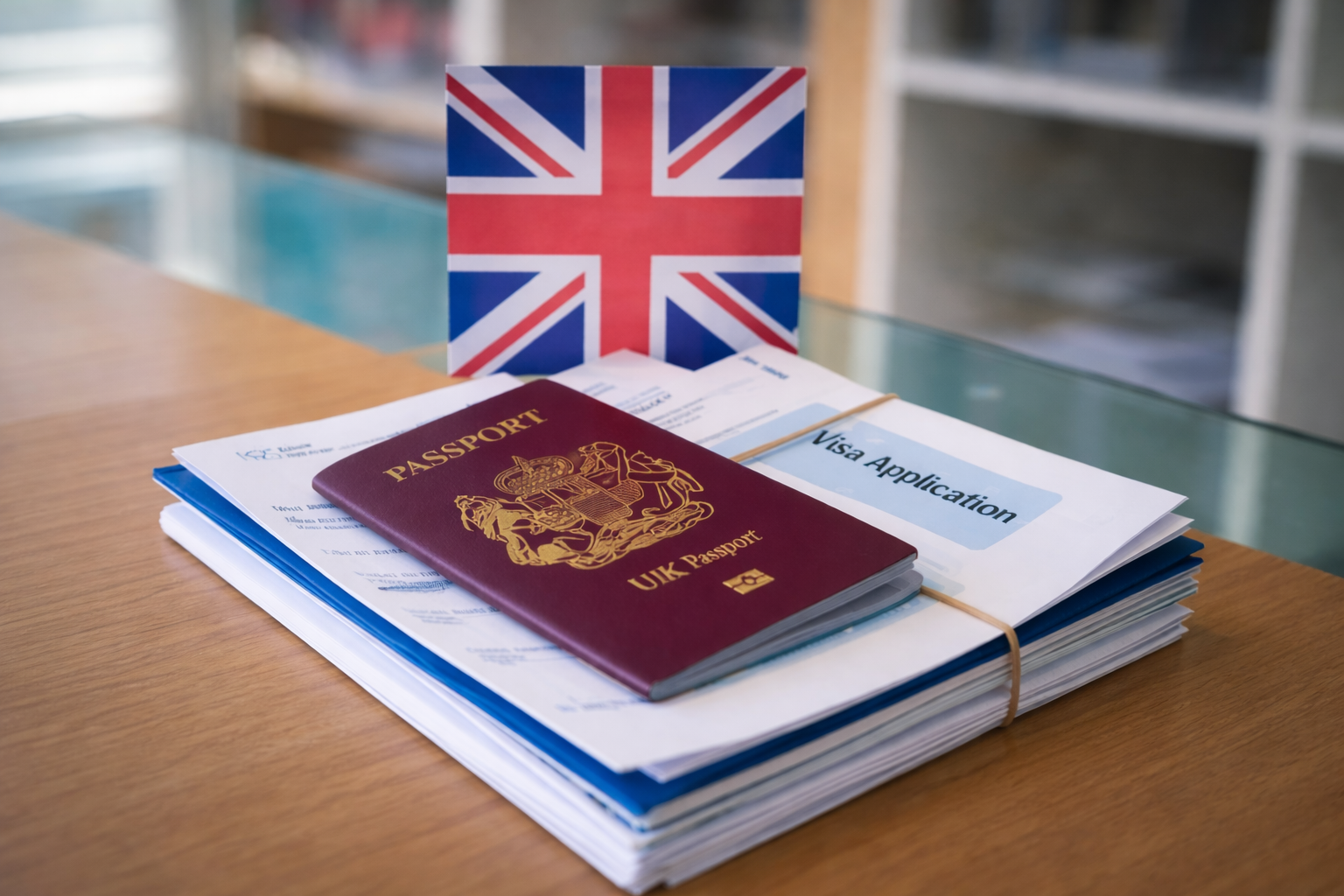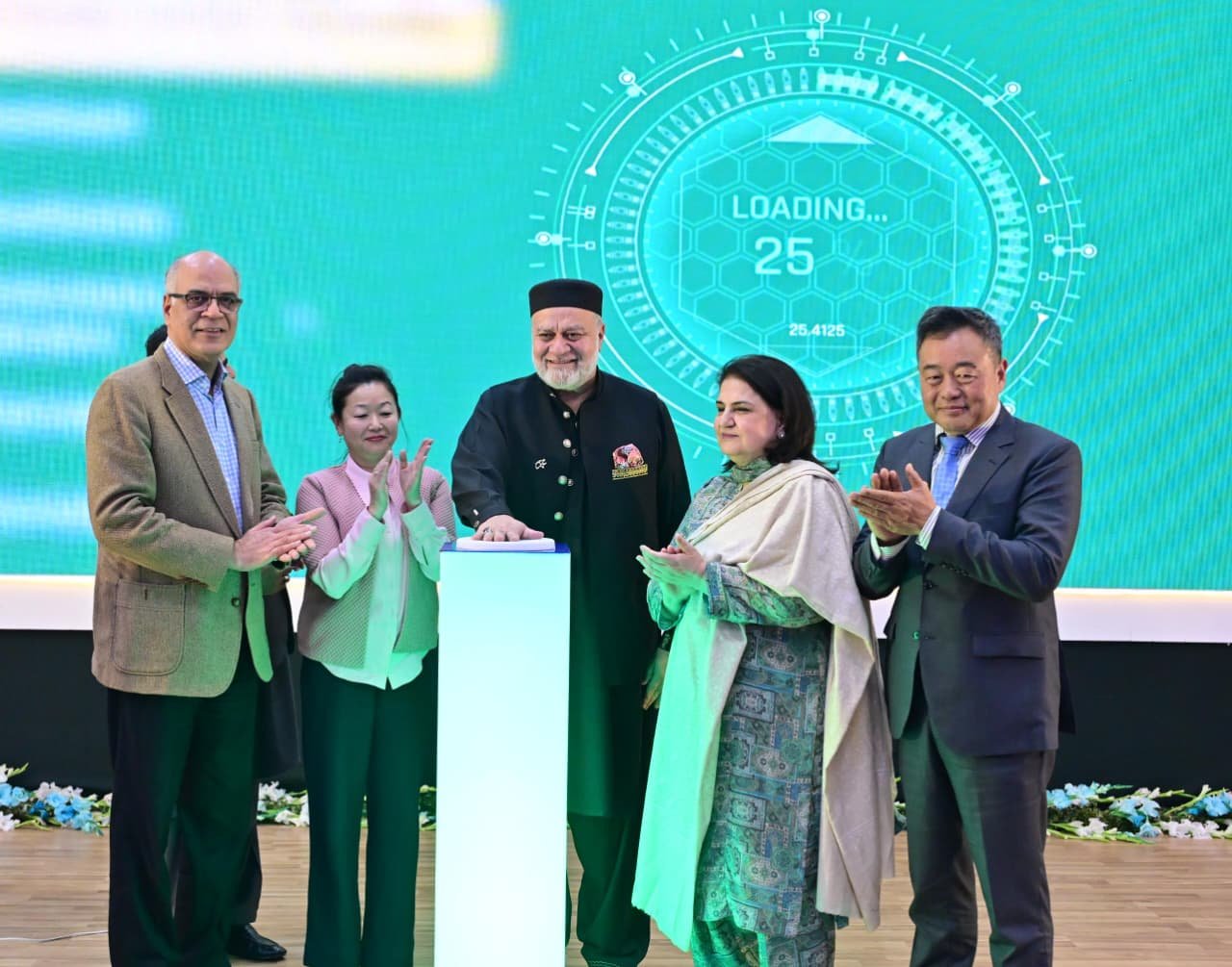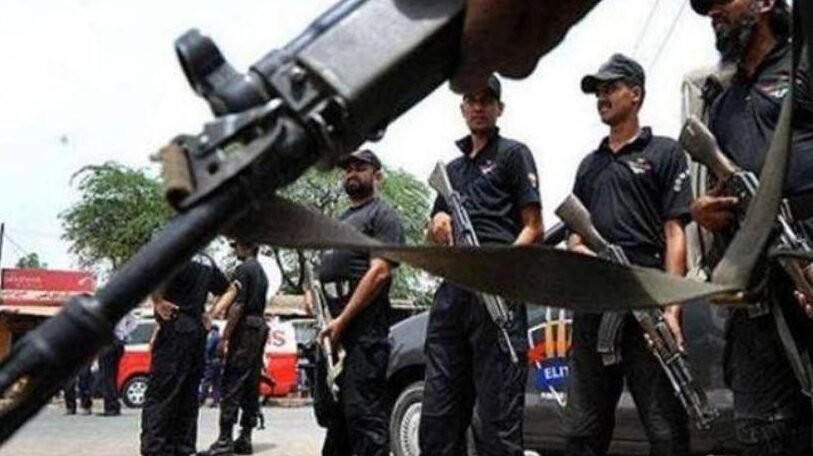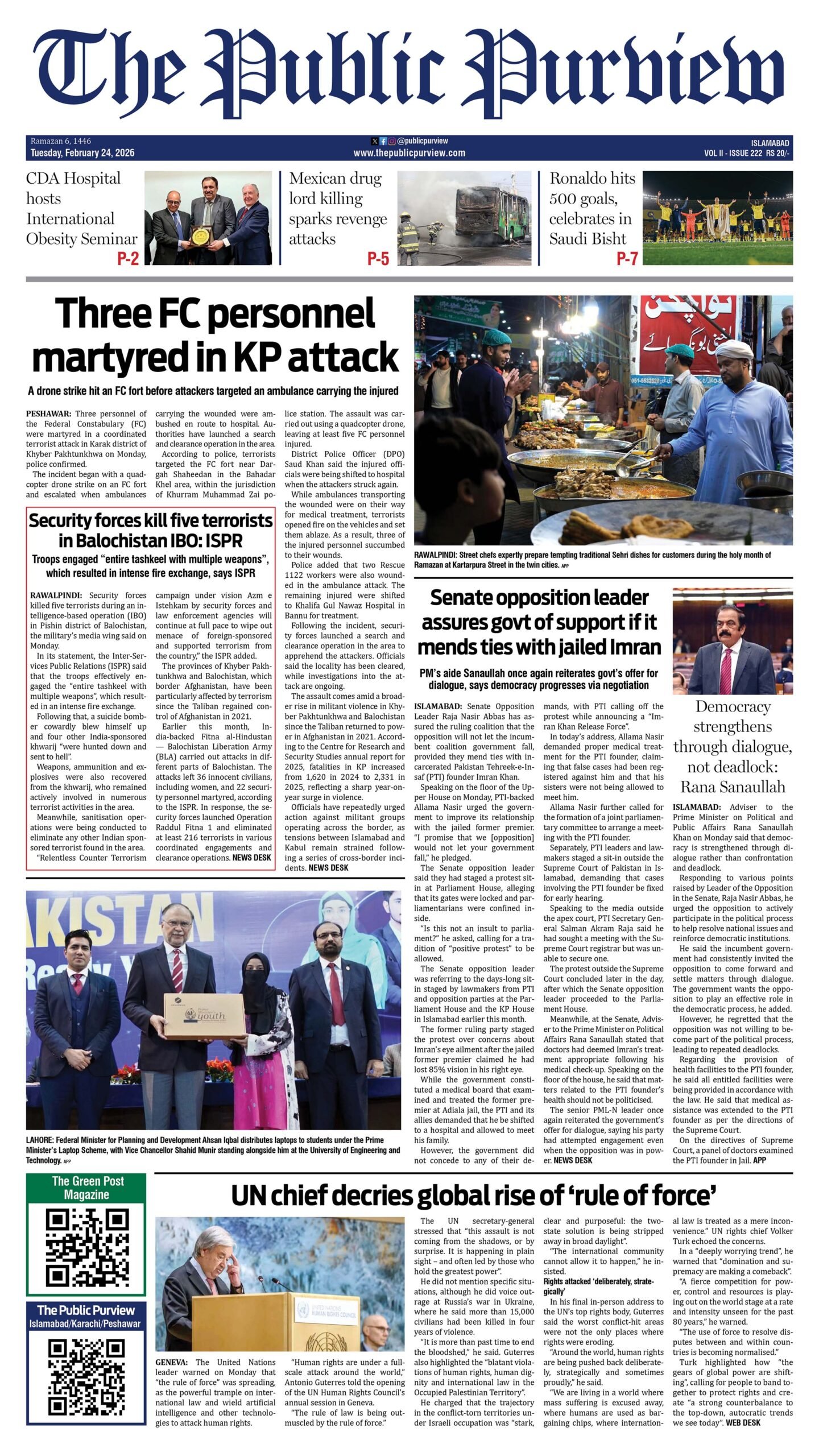The unveiling of President Donald Trump’s 20-point Gaza peace plan marks a pivotal moment in the long and agonizing saga of the Israeli-Palestinian conflict. Framed as a roadmap to end the nearly two-year war in Gaza, the proposal calls for an immediate ceasefire, hostage exchanges, a phased Israeli withdrawal, Hamas disarmament, and the establishment of a transitional government overseen by an international body. While the plan has drawn cautious support from several Arab and Muslim nations, including Pakistan, its success hinges on the credibility of guarantees and the willingness of all parties to compromise.
Pakistan’s Deputy Prime Minister and Foreign Minister Ishaq Dar has taken a nuanced stance. While Islamabad welcomed the Gaza peace plan, Dar clarified that Pakistan’s endorsement is conditional. He emphasized that the final document must reflect the joint proposals of eight Muslim countries, including Pakistan, and be formally documented at the United Nations. Pakistan’s position is rooted in its longstanding support for a two-state solution and its insistence on international legitimacy and transparency.
Prime Minister Shehbaz Sharif echoed this sentiment, calling the plan a “constructive step” and praising Trump’s envoy Steve Witkoff for shaping the proposal. He stressed that durable peace is essential for regional stability and economic growth. However, Pakistan has also signaled reservations about certain omissions in the draft, particularly regarding the role of the Palestinian Authority and the need for a clear roadmap to reconstruction and repatriation.
Meanwhile, Hamas has responded with a demand for international guarantees ensuring a full Israeli withdrawal from Gaza. The group, which was not consulted during the drafting of the Gaza peace plan, views the proposal as an attempt to impose external control over Palestinian territory. Hamas’s insistence on guarantees reflects deep mistrust rooted in decades of broken promises and unilateral actions.
The challenge now lies in reconciling these divergent positions. For the plan to succeed, several conditions must be met. Hamas’s demand for a guaranteed Israeli withdrawal must be addressed through binding UN resolutions and third-party enforcement mechanisms. Without this, any ceasefire risks collapsing under suspicion and provocation. The transitional government proposed in the plan must include credible Palestinian representation, ideally through the Palestinian Authority, to avoid perceptions of imposed rule. Immediate and unhindered humanitarian aid must flow into Gaza, followed by a robust reconstruction program funded by regional and global partners. A peacekeeping force—possibly led by Muslim-majority nations like Indonesia and supported by Pakistan—could help stabilize the region. However, its mandate must be clear, limited, and accountable to the UN. Finally, the consultative process involving Pakistan, Saudi Arabia, Egypt, Qatar, and others must remain active, ensuring that regional voices shape the peace architecture.
The Gaza crisis has reached a tipping point. With over 66,000 Palestinians killed and millions displaced, the urgency for a just and lasting resolution cannot be overstated. Trump’s Gaza peace plan, while imperfect, offers a framework. But its viability depends on trust, inclusion, and enforceable commitments—not just signatures on paper.
Pakistan’s role as a bridge between Western diplomacy and Muslim solidarity is crucial. By advocating for fairness, transparency, and regional ownership, Islamabad can help steer the process toward a peace that is not only negotiated but also respected.







 Today's E-Paper
Today's E-Paper